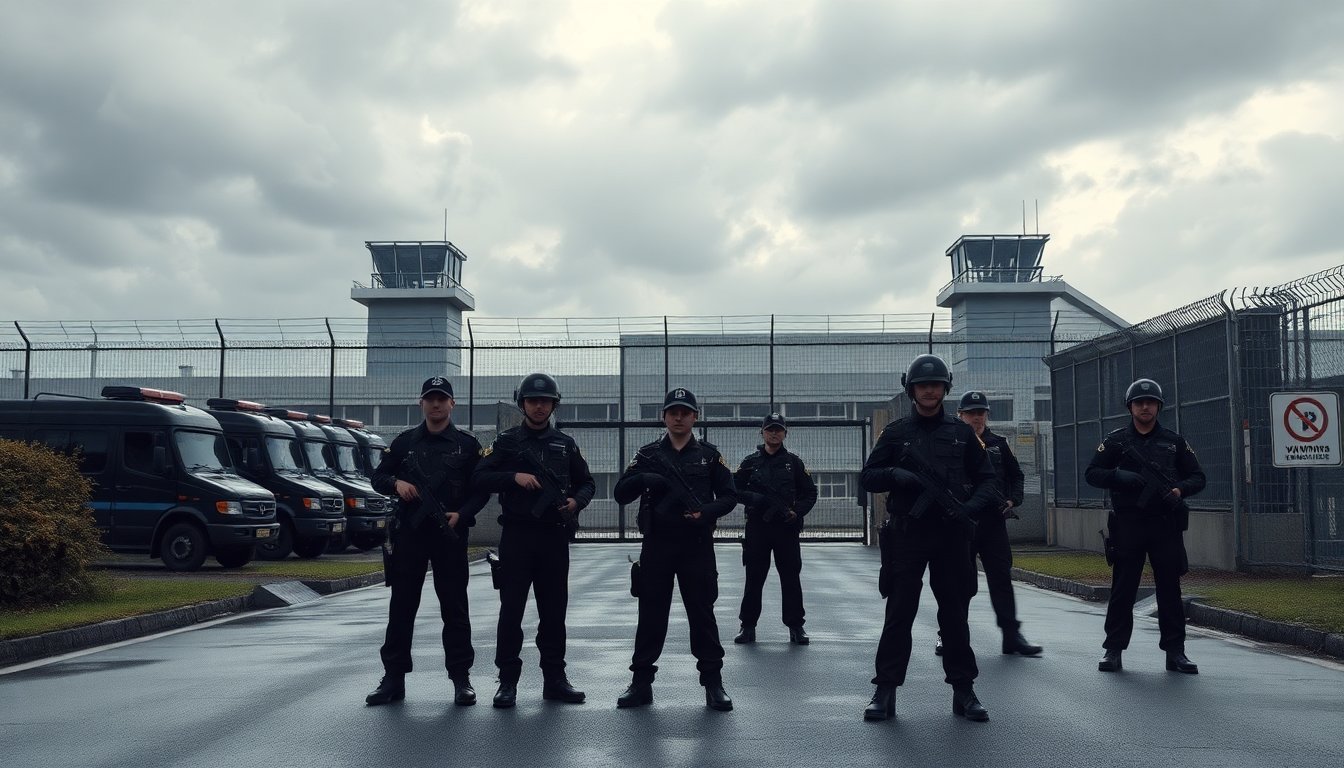Table of Contents
The world of drug trafficking is often characterized by dramatic escapes and high-stakes captures. The case of Zhi Dong Zhang illustrates this trend. Known as a significant figure in the fentanyl trade, Zhang’s recent extradition to the United States from Cuba has garnered international attention. His journey from house arrest in Mexico to a detention facility in Cuba reflects both his criminal capabilities and the extensive efforts by law enforcement agencies to address the challenges of the international drug landscape.
Zhi Dong Zhang, infamously known as Brother Wang, evaded authorities after a short period of confinement in Mexico. His escape on July 11, 2025, ignited a multinational pursuit, culminating in his arrest in Cuba on July 31, 2025. This incident underscores the complexities of global drug trafficking networks and the difficulties faced by law enforcement.
The rise and fall of Zhi Dong Zhang
Born in Beijing in 1987, Zhang’s early life remains largely unknown. His foray into organized crime began years ago, facilitated by multiple identities and passports. His operations expanded significantly upon his arrival in Mexico, where he allied with two of the country’s most formidable drug cartels—the Sinaloa Cartel and the Cárteles Jalisco Nueva Generación (CJNG).
Criminal activities and cartel alliances
As an alleged key player in the fentanyl trade, Zhang is believed to have orchestrated trafficking operations that transported large quantities of fentanyl, methamphetamines, and cocaine across borders. His connections within cartel networks provided him with a platform to conduct business on a grand scale, establishing him as a primary distributor in the international drug market.
The Mexican authorities first apprehended him on October 30, 2025, in Mexico City, where he was initially held for extradition to the U.S. However, a local judge imposed house arrest instead of jail time, allowing Zhang the opportunity to escape. This incident highlights the often tenuous grasp law enforcement has on high-profile criminals, particularly those with extensive resources.
The dramatic capture in Cuba
Following his escape, Zhang managed to evade capture for several weeks until his eventual arrest in Cuba. This operation involved Mexican law enforcement agencies, including the Guardia Nacional and the Fiscalía General de la República (FGR). The capture resulted from persistent investigative work and international cooperation, demonstrating that even the most elusive criminals can be brought to justice.
Extradition and the implications for drug trafficking
On October 23, 2025, news broke of Zhang’s extradition to the United States, where he now faces serious charges related to drug trafficking. The Mexican Secretary of Security, Omar García Harfuch, confirmed the handover, emphasizing the ongoing commitment to combat drug-related crime and restore safety. Zhang’s extradition is viewed as a landmark moment in the fight against the fentanyl crisis, which has devastated communities across North America.
As he faces the U.S. legal system, Zhang’s case is likely to illuminate broader issues surrounding drug trafficking and its societal impact. The ramifications of his activities extend beyond his immediate circle, affecting countless lives and prompting government officials to take action against the drug epidemic.
The saga of Zhi Dong Zhang serves as a reminder of the complexities and dangers associated with the international drug trade. His extradition marks a significant victory for law enforcement agencies, yet it also raises questions about the future of drug trafficking and the ongoing battle against substances like fentanyl that threaten public health.


